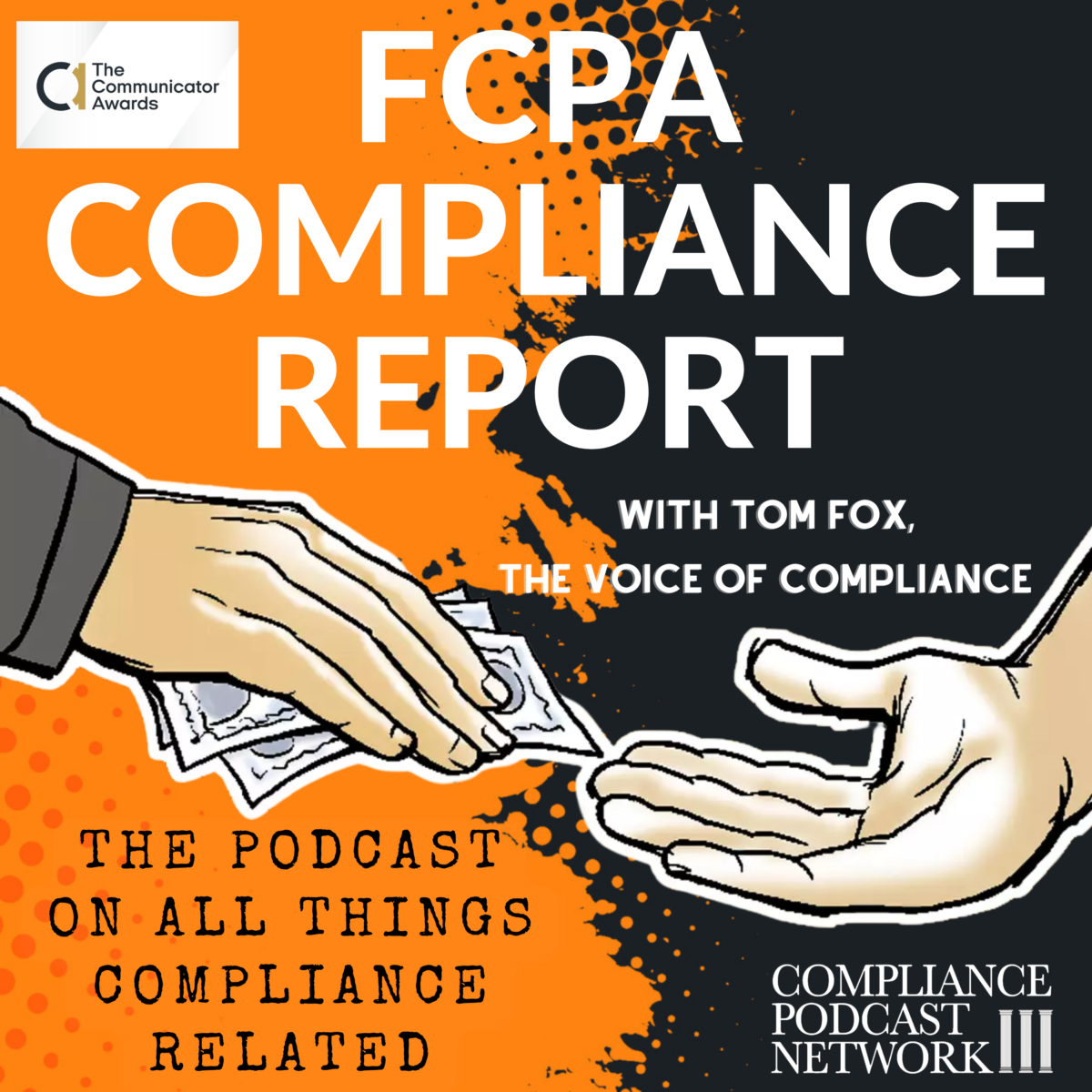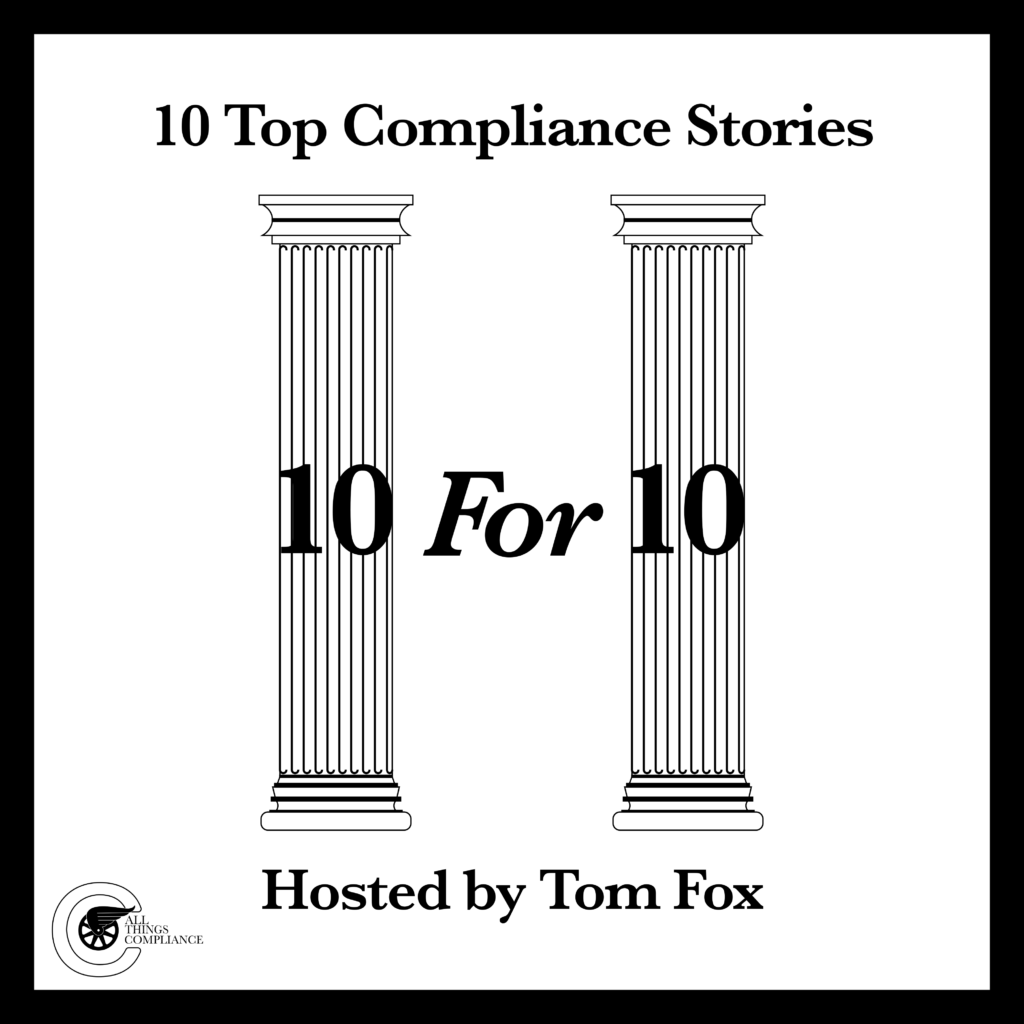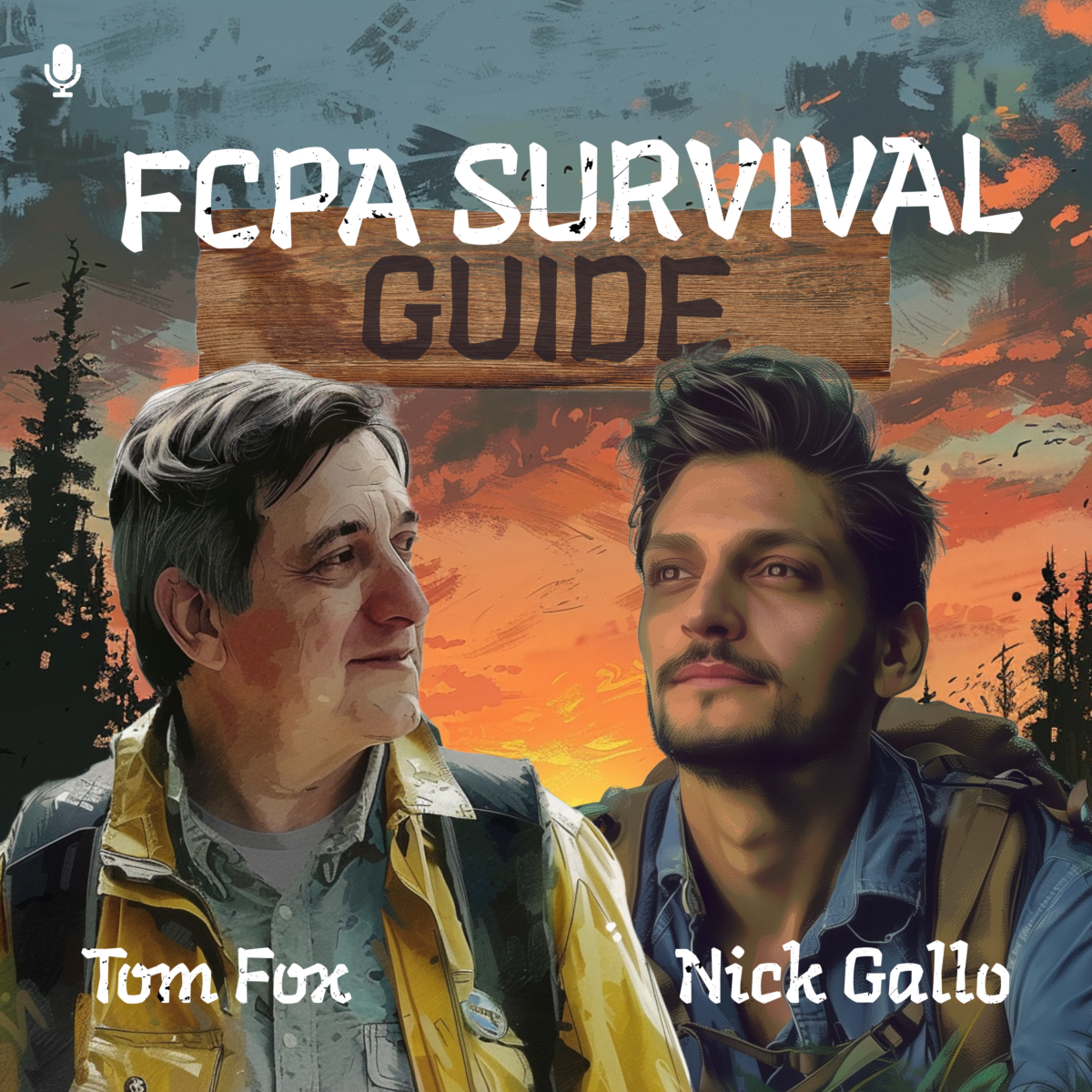The Department of Justice (DOJ) has filed its Plea Agreement in the wake of the Boeing guilty plea. Due to Boeing’s legal challenges, some probation conditions have been imposed to ensure the company adheres to enhanced compliance and safety standards. Over the next few blog posts, I will consider this Plea Agreement, whether it fits the unique situation, and whether it will ensure that Boeing can move forward out of its miasma and the dysfunctional culture at the company. In Part 1, I begin by considering some of these critical conditions around the Monitor, the proposed Monitorship, and the treatment of the victims’ families of the two 737 Max crashes.
Retention of an Independent Compliance Monitor
One condition of Boeing’s probation is the mandatory retention of an Independent Compliance Monitor. This role is compulsory for overseeing Boeing’s compliance efforts, though it’s important to note that the Monitor’s oversight is limited to the activities prescribed in Paragraph 7(j) of the agreement. Perhaps most notably, the DOJ says that the Court will have DOJ no role in the Monitor selection or Monitor oversight. The Monitor will report directly to the DOJ rather than the Court or other independent body, ensuring a lack of transparency.
The Monitor’s responsibilities, selection process, and scope of duties are outlined in Paragraphs 29-37 and Attachment D of the agreement. This setup is designed to reinforce the independence and effectiveness of the compliance oversight. Somewhat counter-intuitively, Boeing’s adherence to the Monitor’s recommendations is not a direct condition of probation, underscoring the Monitor’s role as an independent entity focused on oversight rather than enforcement while at the same time lessening the overall incentives for Boeing to comply with the Monitor’s recommendations.
Safety and Compliance Investment
Boeing must invest at least $455 million in its compliance, safety, and quality programs over probation. This investment represents a 75% increase over the company’s planned expenditures for fiscal year 2024, reflecting that Boeing must commit to elevating compliance standards and then make that investment.
This financial commitment is intended to support internal improvements and implement recommendations from the Independent Compliance Monitor. However, it does not cover the Monitor’s fees and costs, ensuring the funds are dedicated to genuine compliance and safety enhancements. Boeing must periodically, at least annually, provide proof of these investments to the overseeing offices and the Probation Office, ensuring transparency and accountability.
Engagement with Crash Victim Families
In a move no doubt aimed at the families of the two 737 MAX crash victims’, one of Boeing’s probation conditions includes a mandatory meeting between its Board of Directors and the families of the victims of crashes involving Boeing aircraft. This meeting must occur within four months of sentencing and aims to provide a platform for the families to convey the impact of Boeing’s conduct and offer recommendations for improving the company’s compliance, safety, and quality programs.
Translation Services: Boeing must arrange and pay for interpreters, if needed, covering languages such as Amharic, Bahasa, French, German, Mandarin, and Norwegian.
In-person Attendance: At least 80% of Boeing’s Board members are required to attend in person, although virtual attendance is allowed for those outside the U.S.
Confirmation of Meeting: Within three business days of the meeting, Boeing must confirm with the overseeing and probation offices that the meeting occurred.
You will note that nothing requires Boeing to pay for the travel and accommodations of the victims’ families to this meeting. Equally importantly, nothing requires Boeing to implement any of the victims’ families’ suggestions or recommendations. Given how poorly Boeing has treated the victims’ families and the lack of trust between the parties, it is challenging to envision whether this initiative in the Plea Agreement will satisfy the victims’ families or if Boeing will take any of their recommendations seriously.
These probation conditions imposed on Boeing highlight the importance of independent oversight, significant investment in compliance infrastructure, and direct engagement with affected stakeholders in corporate compliance programs. However, the DOJ has not accepted the premise that it and Boeing need to ‘Go Big‘ in the Monitor or oversight process. What will the Court do with this DOJ approach? Perhaps, but given how this case has gone since the original Deferred Prosecution Agreement (DPA), the Court may want greater oversight, transparency, and a role in the future.










